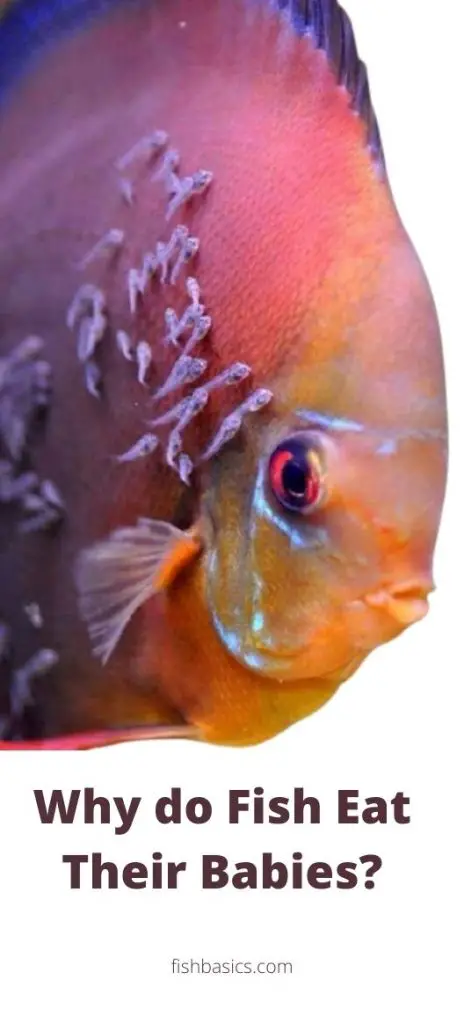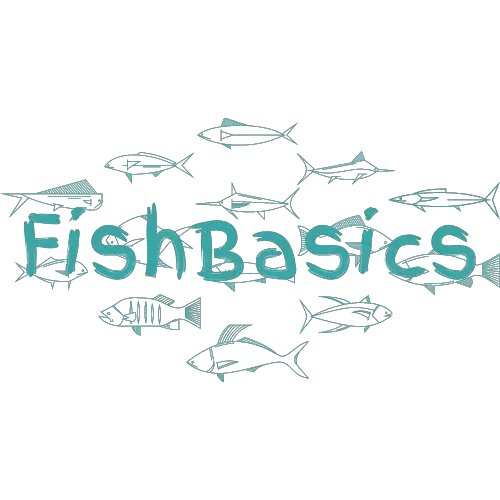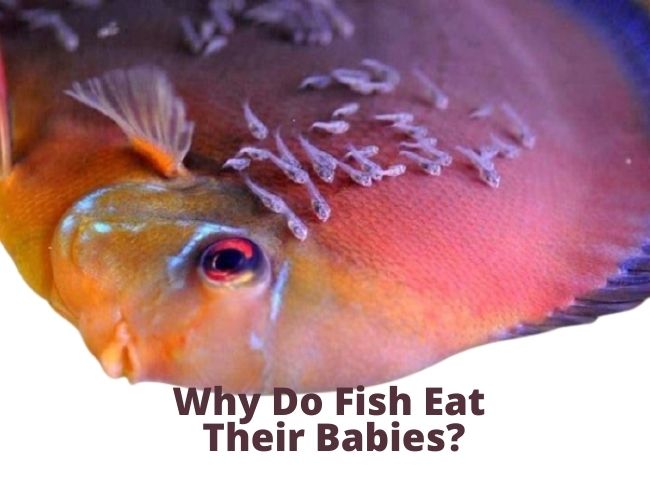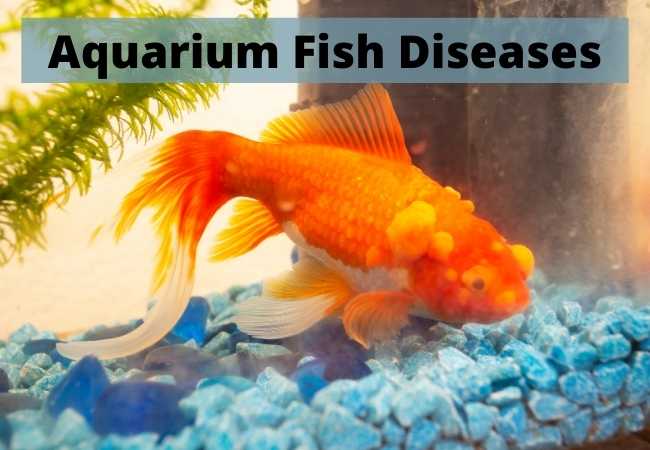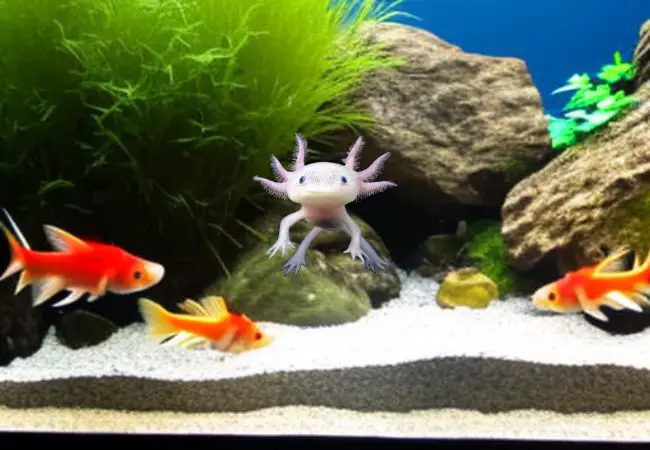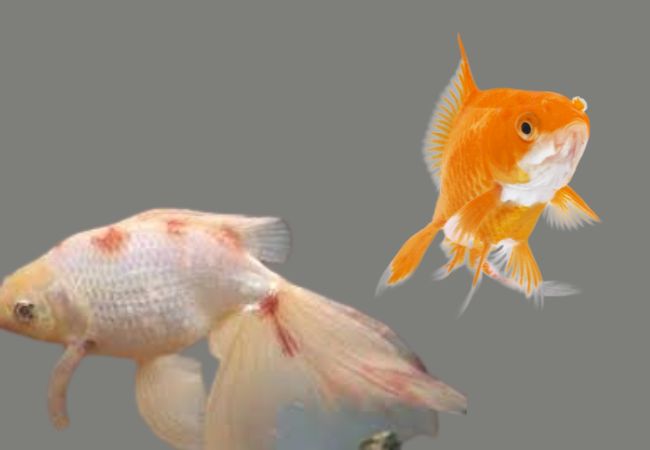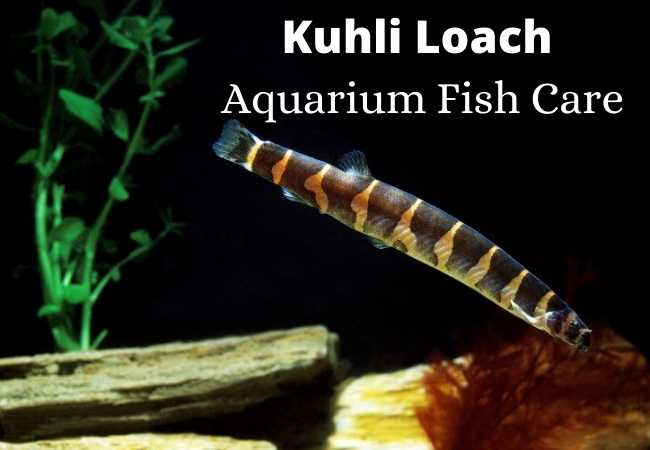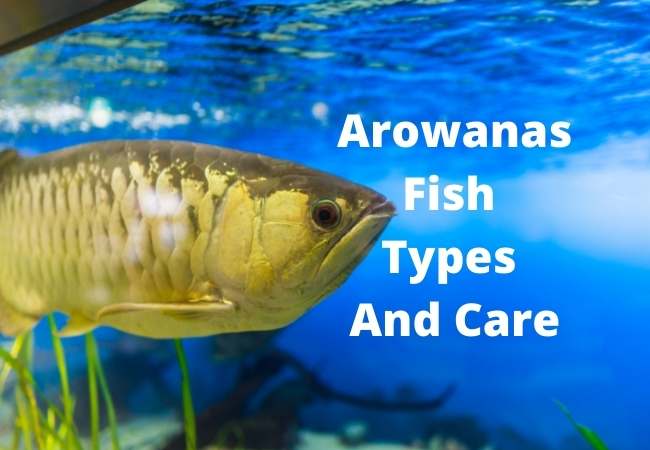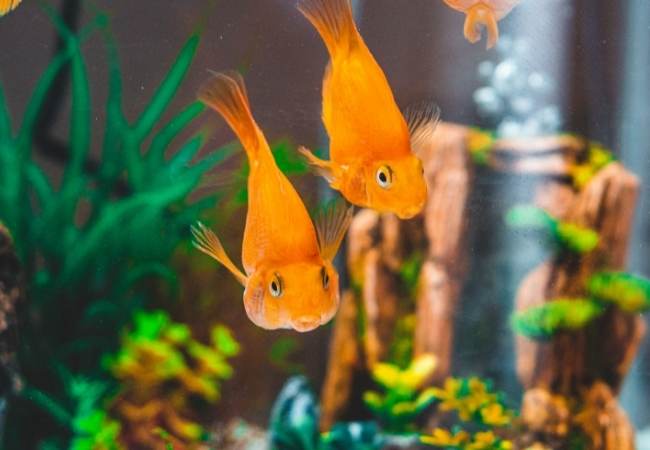Many fish owners wonder why do fish eat their babies? The fact that it’s hard to be a baby is why many animals eat their babies. It’s nature’s way of weeding out the weaklings who aren’t fit for life outside the womb and ensuring only the strongest make it through. Fish fall into the category of animals who eat their babies.
Why Do Fish Eat Their Eggs?
For many animals, this isn’t a problem as they are raised by their parents until they’re old enough to look after themselves. However, resourceful animals often aren’t left with their parents and need to learn how to fend for themselves quickly so that they don’t get eaten before they can find a mate and conceive their own little one.
This isn’t to say all fish do it, but many species do. It’s not clear why they turn to cannibalism, but experts believe it might be due to overcrowding or lack of food.
However, fish farming has revealed another reason, some species will eat their young if they take too long to grow.
In fact, some fish can eat their young only a few days after they’ve been born. They seem to have a built-in timer that tells them when the time is right and will attack if their offspring don’t reach the size needed soon enough.
They’re thought to do this because it’s not always the best thing to keep every baby born.
Do All Fish Eat Their Babies?
The most common species that’ll eat their young are cichlids, which are a type of fish that tends to have large broods.
However, they’re just one example and many other species will do it too. Whether they do it because of overcrowding or simply when the time is right, one thing is for sure – fish eat their babies.
When you think of caring, loving parents your mind probably jumps to warm and fuzzy creatures like cats or dogs. However, there are many animals out there that aren’t so loving.
Any animal that is born has the instinct to survive. That’s just part of life. You need to be able to fend for yourself if you’re going to live long enough to have babies of your own.
Do Molly Fish Eat Their Babies?
You may have heard that fish will sometimes eat their own babies. You might wonder why and how this happens and if the fish is aware of what they’re doing.
A fish-eating its own fry can be a very worrying sight for aquarists who are watching over them, but it is important to know about the reasons so that behavior can be accurately predicted and prevented.
A common reason for a fish-eating its fry is stress. When a new male takes over a breeding tank, there may be some fighting going on between the two males.
If this happens, the dominant male will usually drive the other male out and become even more aggressive towards anyone or anything that enters his territory – including any babies he might have had.
In this situation, the male fish will eat all of his offspring because he sees them as a possible threat to his territory and can’t see them as anything other than food.
Another reason for fry-eating is that the mother may be feeling stressed and start eating her brood in order to satisfy her appetite and keep herself alive.
When a female fish is pregnant, she uses up an enormous amount of energy that she has stored in her body and there must be enough food for both herself and her babies.
If the mother doesn’t get enough to eat during pregnancy, she will end up eating some of her own offspring in order to provide for herself and give the rest of the babies a chance to survive.
Some fish will eat their own fry when they are in an overcrowded tank that is not giving the babies enough space for them to stay safe from predators.
In this situation, if one of the fry becomes sick or injured, its mother may end up eating it in order to save herself and her other babies from starvation. Check out this post on common pet fish diseases and pests.
If the eggs in a spawning tank are not fertilized and become infertile, they can be eaten by the female fish because she will see them as a food source.
This could happen when there is no male present or if he doesn’t stay around after mating.
If the male leaves immediately after copulation, the female fish may end up consuming her own unborn babies. There are even some species that will eat their young for this very reason, too.
Another circumstance in which a spawning tank may become overcrowded is when an inexperienced breeder tries to raise more fry than the tank can accommodate.
In this situation, the babies will be stressed and in danger of being eaten by other fish in the tank or becoming sick.
If they are not removed from the breeding tank and given to a knowledgeable aquarist, all of them will likely become food for their mother. So save yourself some heartbreak and just give them away!
If you want to stop your molly fish from eating their babies, the best thing that you can do is to keep the tank as stress-free as possible.
This means keeping it clean and free of extra clutter that may cause overcrowding. Don’t put too many fish in the same tank because this could lead to fighting, especially if there are any males around.
The mother will become stressed if she has to fight with another fish for her babies. If you can, include some plants in the tank, too, which will help to keep the water clean and create a natural environment that is perfect for breeding fish.
If you are adding any fish into your molly tank when there are already young fry around, make sure they are all the same size. If you put in small fry with big ones, they are likely to be eaten up.
The best thing is to wait until the babies have grown a bit bigger before adding new fish into your tank. It’s also important not to use additional heaters or filters that could cause extra stress on the mother molly and her baby fish.
And remember, never put two male mollies into the same tank because they will fight!
Do Goldfish Eat Their Own Babies?
Yes, they do. Does it seem cruel? Yes, it does. Why do they do so? It is because of their instinct or nature to eat the babies first before the bigger fishes have a chance to gobble them up.
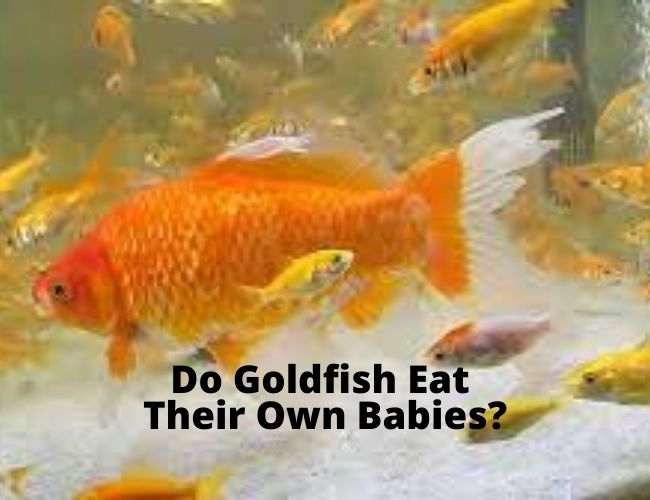
Baby fishes are really vulnerable and it is the call of nature for the mother to provide food, even if it is their own. However, there are also some cases where they do not and eat them, like when they realize that the babies have a genetic defect or disease.
Goldfish can also eat their babies because they are not getting the right kind of diet. They want to make sure that their babies get all the food that is needed.
In addition, smaller fish can also be eaten by bigger fish because it is a matter of size and strength. The mother will attack them in order to protect her own self from being eaten up.
Why Do Guppies Eat Their Babies?
Many people wonder this, but it is believed that the male guppy eats his baby to give him the strength to reproduce.
Although this is true, there are also other reasons that lead to the male guppy eating his baby. After birth, the male guppy will eat any babies that were not born alive in order to create more space in the nest for new eggs.
The mother of the baby will do everything she can to stop her husband from killing their child, but if she is too weak or the baby has already died, the male guppy will proceed to kill his own child.
Also, in some cases when the female guppy is pregnant with multiple babies, her husband may eat certain ones because he believes they are not his. But there’s never a clear answer to why do these fish eat their young.
Types Of Fish That Don’t Eat Their Babies
Dwarf corydoras don’t eat their babies. They care for them until they are big enough to care for themselves. Baby dwarf corydoras grow up in their mother’s mouth, which is called ‘mouth brooding’, like many other fish.
African fat-tailed catfish don’t eat their babies. They protect and care for their babies until they are big enough to care for themselves.
The same way dwarf Corydoras protect their babies until they are old enough, the African fat-tailed catfish protects theirs until they are large enough.
Piranhas only eat the flesh of other fish, not their babies. Piranhas are omnivores, but they normally don’t eat their own babies. However, if there are no other options, the piranha will eat its baby’s meat for nourishment.
Conclusion
Fish eating their eggs and babies is not a rare occurrence. Especially if the fish are living in less than favorable conditions. To avoid this problem, make sure the conditions in the tank are favorable.
I hope this post on why do fish eat their babies was helpful. If you love fish and fish keeping, follow me on Pinterest for more helpful posts.
